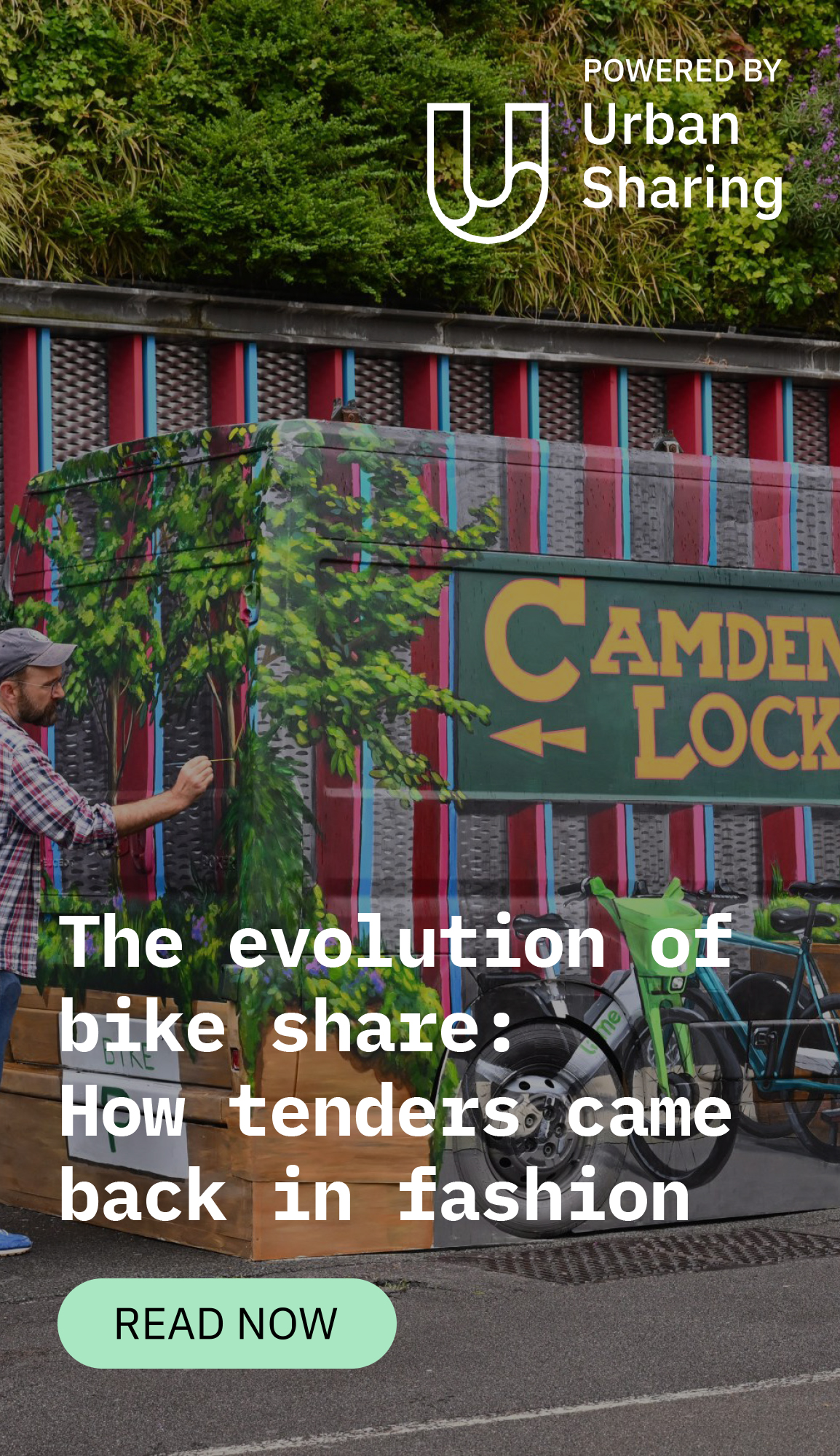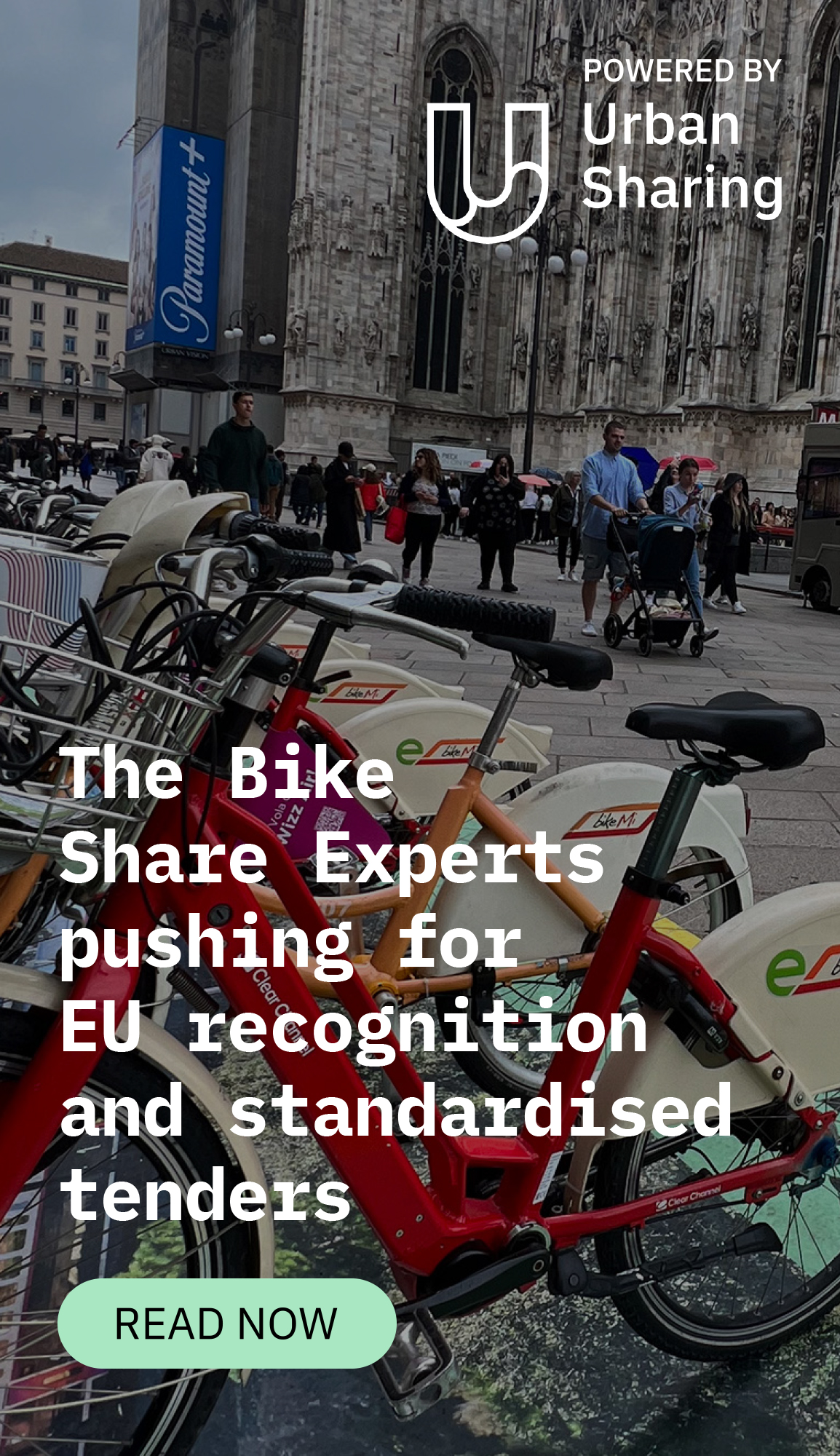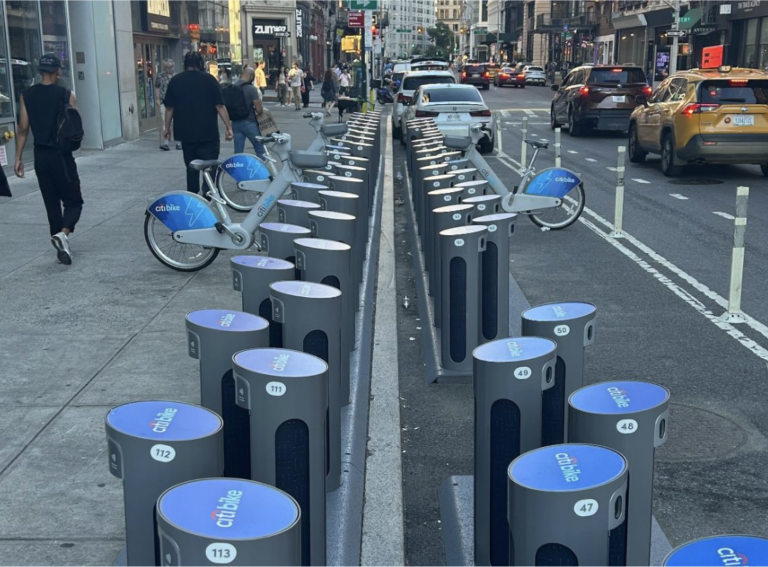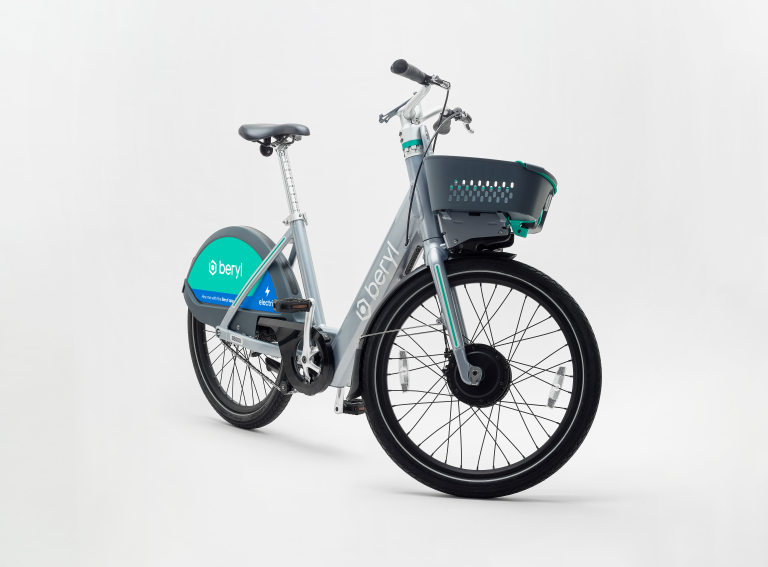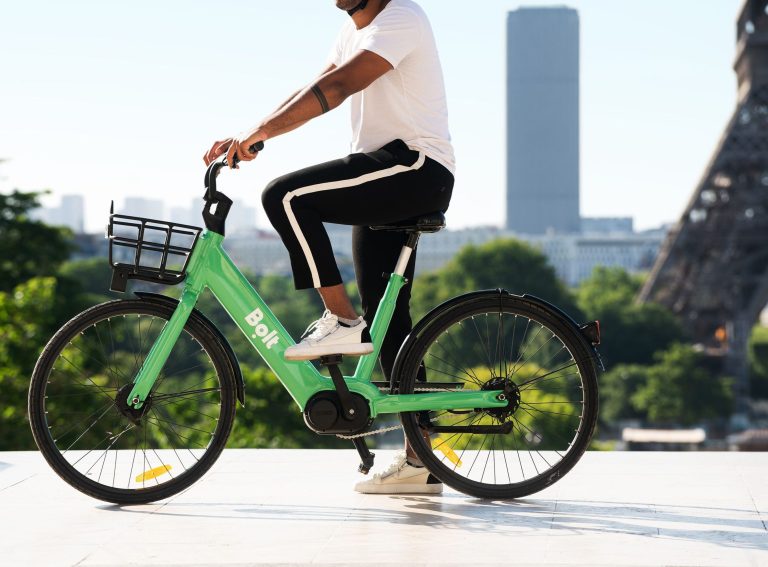Author: Phil Ellis, CEO and Co-Founder, Beryl
You can’t hide from pollution inside a car.
That’s just one of the many reasons why the upcoming Car Free Day is so important.
The international event encourages people to imagine what the cities and towns we live in would look like with fewer cars and celebrates more sustainable forms of transport.
Held annually, this year’s offering will take place on Friday 22 September. But to understand its true importance, we need to dig a little deeper.
Why is it important to participate?
There is some alarming scientific evidence around the detrimental impact of car usage, both in terms of people’s physical health and the environment.
A clinical scientist, Prof Stephen Holgate has formed and led organisations that promote lung health and chaired committees that write reports aiming to influence Government Policy for promoting health. He has publicly stated that there is enough evidence to tell parents that walking and cycling exposes their children to less air pollution than driving.
He said: “It is nine to 12 times higher inside the car than outside. Children are in the back of the car and often the car has the fans on, just sucking the fresh exhaust coming out of the car or lorry in front of them straight into the back of the car.”
Children are more vulnerable than adults, added Prof Holgate, because air pollution can stunt the growth of their lungs. It also increases the risk of sensitisation which can lead to the development of asthma and other respiratory conditions. He believes that walking or cycling are better when possible, to reduce pollution exposure in cars and to increase physical exercise.
He added: “There are multiple benefits to be gained. But parents are confused at the moment because they think there is less pollution in cars than outside, which is not the case.”
It’s not just about the physical impact on individuals either. The Government’s Transport and Environment Statistics for 2022, published in October, show the impact of transport on the environment, including greenhouse gas emissions from transport, and air quality. The headline statistics showed that, in 2020:
- domestic transport was responsible for emitting 99 MtCO2e (million tonnes of carbon dioxide equivalent)
- transport is the largest emitting sector of GHG emissions, producing 24% of the UK’s total emissions in 2020 (406 MtCO2e)
- on average, 281 kilotonnes of CO2 were emitted by transport in each local authority in 2020
- 33% of Nitrogen Oxides (NOX) emissions and 14% of Particulate Matter (PM2.5) emissions came from transport
As these findings were obtained during COVID-19 pandemic restrictions, when traffic levels on the road were greatly reduced, it’s fair to suggest that the impact is likely to have been much worse recently.
What role does Beryl play?
Our vehicles are powered by people and/or electricity so they don’t produce the high levels of CO2 that damage the environment and people’s health.
We also design and assemble our own products here in the UK. That gives us autonomy over the design, while our specialist mechanics are on hand to administer checks and repairs, meaning we can maximise the lifetime of our products. They’re built to last and, when they can no longer be used or upcycled, we use accredited partners to recycle as much of the bike as possible.
By encouraging people to swap the car for shared sustainable transport we also contribute towards reducing traffic congestion in urban environments and getting people more active. The point around activity is particularly important, given its proven impact on improving both physical and mental health.
Our current average modal shift from private vehicles (based on the total kilometres replaced) is 34.68%. This means that over one third of the total journeys we generate have replaced those undertaken in a car, taxi, van or motorbike, either as a driver or a passenger. We want to increase that figure even further and international events such as Car Free Day give us a platform to help achieve this.
Our research shows that:
- If you switch from a car to an e-bike you decrease your emissions by 55.73%
- If you switch from a car to an e-scooter you decrease your emissions by 74.57%
- If you switch from a car to a bicycle you decrease your emissions by 83.73%
From speaking directly to our users, we also know that providing multiple modes in many of our schemes is encouraging people to use more sustainable transport. Our latest Annual Report showed that, in the past year, the overall number of people riding bikes, e-bikes and e-scooters has more than doubled from 7% to 15% compared to the previous year. The number of users riding bikes and e-bikes (+9%) and bikes and e-scooters (+4%) have also increased compared to the previous year.
So how are we getting involved?
On Car Free Day we will be running a 20% off Minute Bundles promotion all day, redeemable with a code found in the app.
The discount can hopefully encourage even more people to try swapping four wheels for two. Getting people to take that initial step and change lifelong habits can be the most difficult part of creating a modal shift.
By getting people to try Beryl vehicles, we can get them to experience the benefits first hand rather than be told about them. For instance, many don’t realise that shared transport could actually save them a lot of money compared to private vehicle ownership, removing the costs associated with fuel, tax, MOT, insurance, parking, storage and maintenance.
Long term outlook
Beyond Car Free Day, we will continue to encourage modal shift as part of our drive to help decarbonise urban transport systems.
Our expansion over the past 18 months has seen us partner with some of the UK’s largest transport authorities to deliver schemes and we will continue to do this, starting next month with the launch of the new Leeds City Bikes scheme.
That will see us build further on the 700+ tonnes of Carbon Dioxide that – industry calculations show – has been saved by our existing schemes so far.

